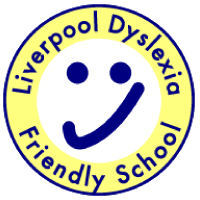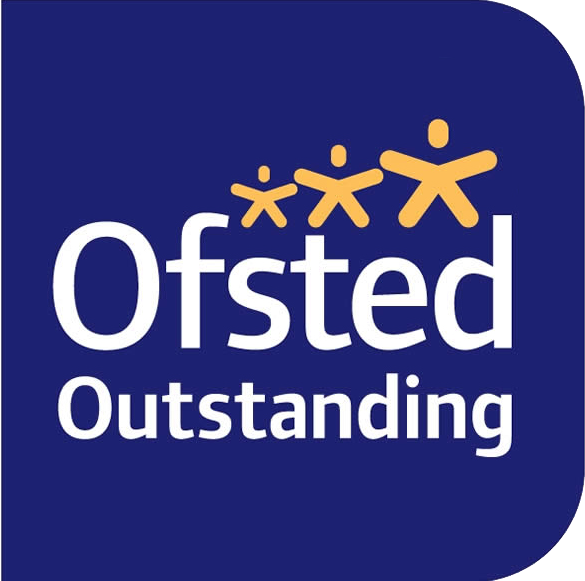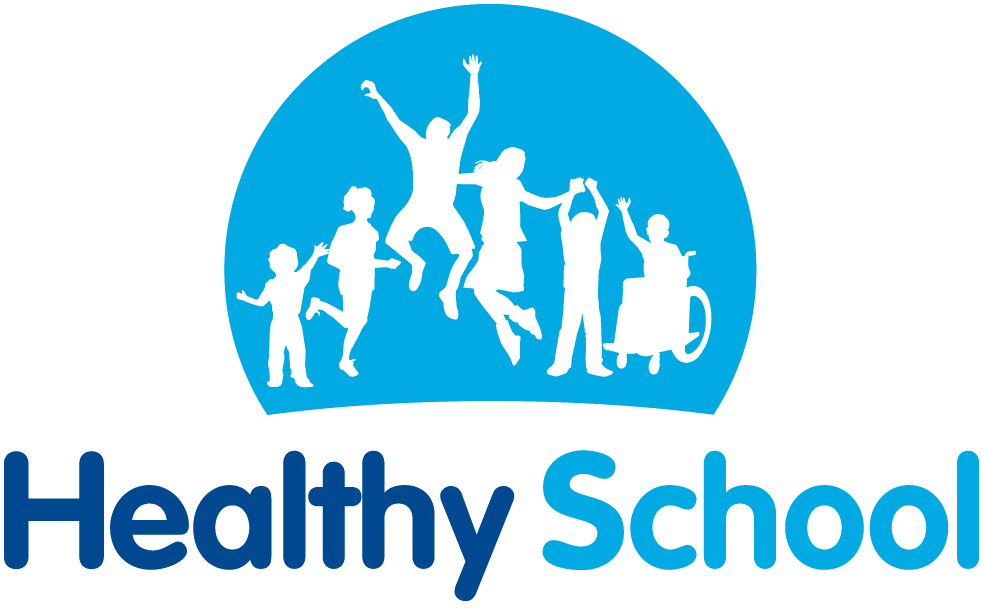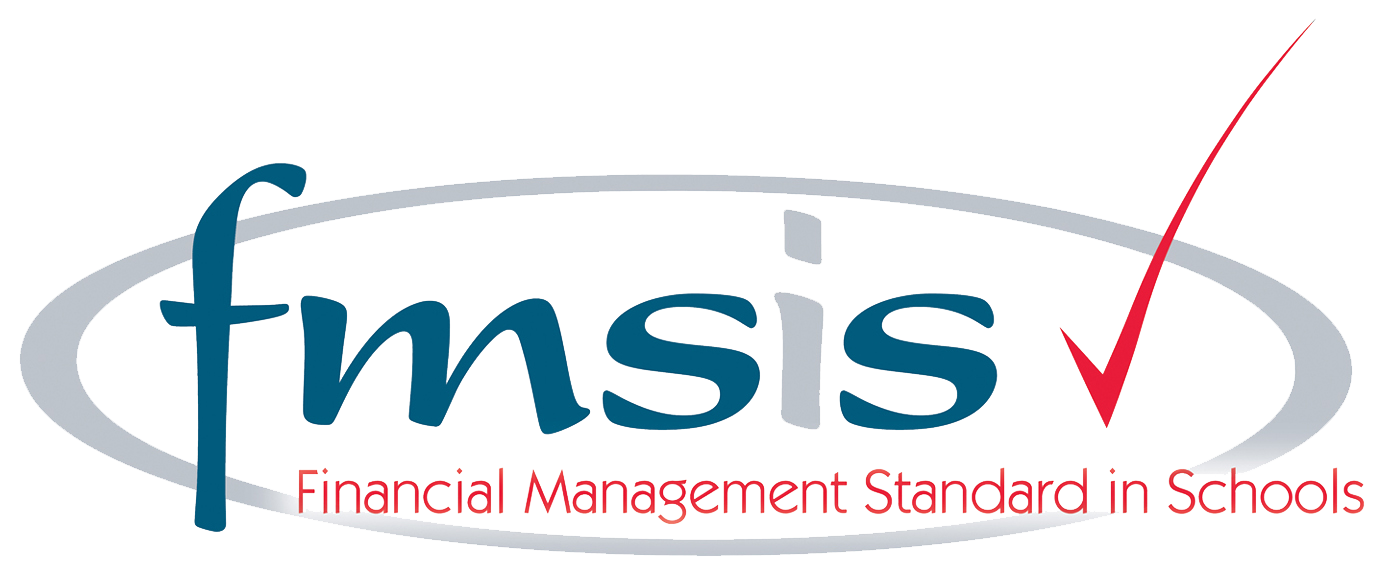Intent
At Bank View, we pride ourselves on offering all of our learners a safe, calm, happy and nurturing learning environment so they can learn effectively, access the full breadth of our curriculum offer and ultimately reach their full potential. The fundamental principle behind our curriculum design is personalisation, which aims to give our learners an excellent mix of academic and personal development.
All learners benefit from quality first teaching in the classroom, which caters for their individual needs and supports all them to make good progress. Work is adapted for different groups and individuals. Each day we encourage our children to work hard, have a positive mindset, be confident enough to make mistakes, persevere and not give up, to succeed and feel good about themselves.
We ensure our curriculum is:
- Broad: so that it provides a wide range of knowledge, skills and experiences.
- Balanced: so that each element has sufficient time to contribute effectively to learning.
- Inclusive: it provides opportunities for all learners regardless of any differences, which might exist.
To meet its intent our curriculum is:
- Relevant: so that it is directly related to the learner’s experience.
- Coherent: so that each element is linked where possible to make the learning experience more meaningful.
- Progressive: so that teaching builds upon what has gone before, to develop skills, knowledge and concepts systematically.
- Adaptive: so that learning is scaffolded to meet a wide range of needs presented by learners.
As part of our unique curriculum offer and to meet our curriculum aims, our learners access a wider curriculum offer which includes the following additions to the national curriculum:
- Mental health and well-being
- Forest School
- Growth Mindset
- Sensory support
- Life skills
- Personal Development
- Careers
Implementation
At Bank View, the intent is for each learner to engage, achieve, and make the most personal progress they can over time to enable them to have the most fulfilling, enjoyable, and independent life possible.
To achieve this the curriculum is mapped into two sections:
- Pre-formal learners
- National Curriculum learners
Pre-formal Learners
Our pre-formal learners (pupils working below pre-key stage standards) is a small group of learners from age 5-11. This group of learners need a bespoke timetable that enables their EHCP plans to be seamlessly incorporated into their daily timetable to run alongside their academic lessons. They follow a ‘multi-sensory’ approach without the need for discrete subject teaching. The curriculum is designed to meet their needs through a personalised approach. The intent for the pre-formal curriculum is to provide a personalised approach to learning driven by EHCP targets that build on prior learning.
The curriculum is delivered primarily through a thematic-based approach, a thematic-based curriculum involves combining a variety of curriculum subjects to allow learners to explore learning at a greater depth and make better connections between different areas of learning. This provides a holistic, integrated teaching method that promotes coverage of the curriculum through interconnected activities, where concepts are connected to and reinforced through a common theme, allowing learners to make real-life connections resulting in a richer understanding. It is a curriculum for learners who learn best when learning is related to their own experiences.
Learners will receive an adaptation of the National Curriculum which incorporates the key areas of learning based on the EYFS Development Matters model and Birth to 5 Matters document::
- English (reading comprehension, decoding and writing skills)
- Maths (numbers and patterns)
- Communication and Language (Listening, Attention and Understanding Speaking)
- Personal social and emotional development (PSHE, Self-Regulation Managing Self Building Relationships)
- Physical development (PE, fine and gross motor skills)
- Understanding the world (history, geography, science and RE)
- Expressive Art and Design (art, music and design technology)
The children will have the opportunity throughout their day to engage in play-based activities indoors and outdoors. Play-based learning provides opportunities for children to actively and imaginatively engage with people, objects and the environment. Children are naturally motivated to play. Our play-based curriculum builds on this motivation, using play as a context for learning. In this context, children can explore, experiment, discover and solve problems imaginatively.
National Curriculum learners
National Curriculum learners have a thematic approach to the curriculum through the key drivers discover, explore and create. This covers the traditional subjects of History, Geography, Science, Art, Design Technology, English and Music. Themes have been organised across each year group to ensure that there are a variety of curriculum drivers that cover the content of the national curriculum. The content of the curriculum is taken directly from the children’s corresponding year group and adapted to meet the individual needs of each learner. Which we use as a guide to provide direction, context and programmes of study.
This thematic approach leads to a more flexible delivery of the curriculum, allowing us to have key drivers for each learning theme across each year:
- Discover: This has a history focus, we learn about the past and children develop a sense of chronology, piecing together their knowledge as they progress through year groups.
- Explore: This has a geography focus and gives children an opportunity to discover a bigger, wider world. We encourage children to adopt a caring, responsible to people and to appreciate diversity.
- Create: This focus has the arts take the lead. Knowledge and skills are developed using a range of media. Children will further develop their skills in all creative subjects such as art, DT, drama and music.
Organising the learning in this way ensures teachers have the flexibility to deliver the curriculum in the way that they feel will have the most impact on our learners. Our theme-based curriculum allows them to get fully absorbed in their learning and make links between subjects, topics and themes.
We have mixed-age classes primarily mixed into year group phases, kS1, LkS2 and UKS2, therefore, we operate a two-year curriculum cycle (Cycle 1 and Cycle 2) which you will see across our curriculum documents.
All Learners
We work hard to find ways to ‘bring learning alive’ so you might find us exploring the outdoors, working with a real-life author, taking part in drama workshops, having lunch with a Roman soldier or even setting up a restaurant in our classroom. Using the outdoors as a classroom is fundamental to our values and this can be school-based or with enrichment visits to other locations. We enhance our school curriculum with a wide range of special events (WOW events). These include educational visits, visitors to the school, using local expertise/facilities, special learning days or weeks and charity events.
The environment plays a key role in supporting and extending children’s development. We provide a stimulating, well-resourced and accessible environment that encourages development. Being outdoors offers the children opportunities to explore, use their senses and be physically active and exuberant. We are always developing our learning environments to reflect the needs and interests of the children.
We constantly review our curriculum, to ensure learning programmes are bespoke and child-centred. Allowing it to be relevant and of interest to the children, providing them with the knowledge and skills they need for the next stages of their lives after primary school.
Assessment
At Bank View Primary, the key purpose of our assessment, recording and reporting is to improve the quality of pupil outcomes. Our teachers assess the children’s progress in line with the Bank View curriculum. Our focus is very much on identifying the next steps in children’s learning and using this to plan a personalised curriculum which enables all children to achieve. We want assessment to be an integral part of our teaching and learning and so to play a vital role in informing teaching, learning and interventions across the department.
Formative assessment takes place every day, in every lesson takes place to ensure that the most appropriate form of assessment is used to evidence the impact of learning taking place across every area of the curriculum. Assessments are not excessive or onerous for learners. Assessment continues to be reviewed to ensure formative and summative use is effective in all areas of the curriculum; that it is fit for purpose, manageable and relevant in moving the children’s learning forward.
Evidence of learner progress is uploaded to Seesaw and tagged against the different Assessment Frameworks. Frameworks are detailed in terms of subject areas. Seasaw is a safe online platform that captures achievements using multimedia evidence. This is shared with parents, carers and families regularly throughout the school year, and allows parents to upload significant events if they wish.
Transition
Preparation for transition runs through our curriculum. Throughout the school year, students have the opportunity to work with peers and staff from different classes and departments in Communication and Enrichment lessons, which take place weekly. Programmes of Study within the curriculum guides assist in fostering resilience, acceptance of change and engagement with the school and wider community.
Impact
From very different starting points, children are supported to make the best progress they can academically, emotionally, creatively, socially and physically. The impact of what we do and what the children achieve cannot always be measured in data sets and numbers, so we always try to look holistically at the whole child. First and foremost, we want to instil in our children a love of learning and an understanding that learning is part of a journey they are on. We want them to feel safe and happy in school and express and celebrate their learning achievements while recognising their own personal and academic growth.
We are proud of the success our learners achieve by the end of their primary journey, and how well this prepares them for their transition to secondary school. Our children move on from primary to further their education, well-prepared for the next stage of their learning journey in Year 7.
How do We Know That Our Curriculum Prepares Our Learners for Year 7 and Beyond?
By the end of Year 6, our learners:
- have a strong foundation in reading, writing, arithmetic and reasoning which they apply across the curriculum
- have an enjoyment of reading, build fluency when reading, including the use of expression
- see the merit in independent learning but can work collaboratively to question, to share ideas and to discuss concepts
- are enthusiastic learners who form and articulate their opinions and who are passionate about truly experiencing their learning, whether on or off-site, through experience days or in-class
- are enthusiastic, engaged learners who exhibit positive learning behaviours and who are aspirational in outlook








